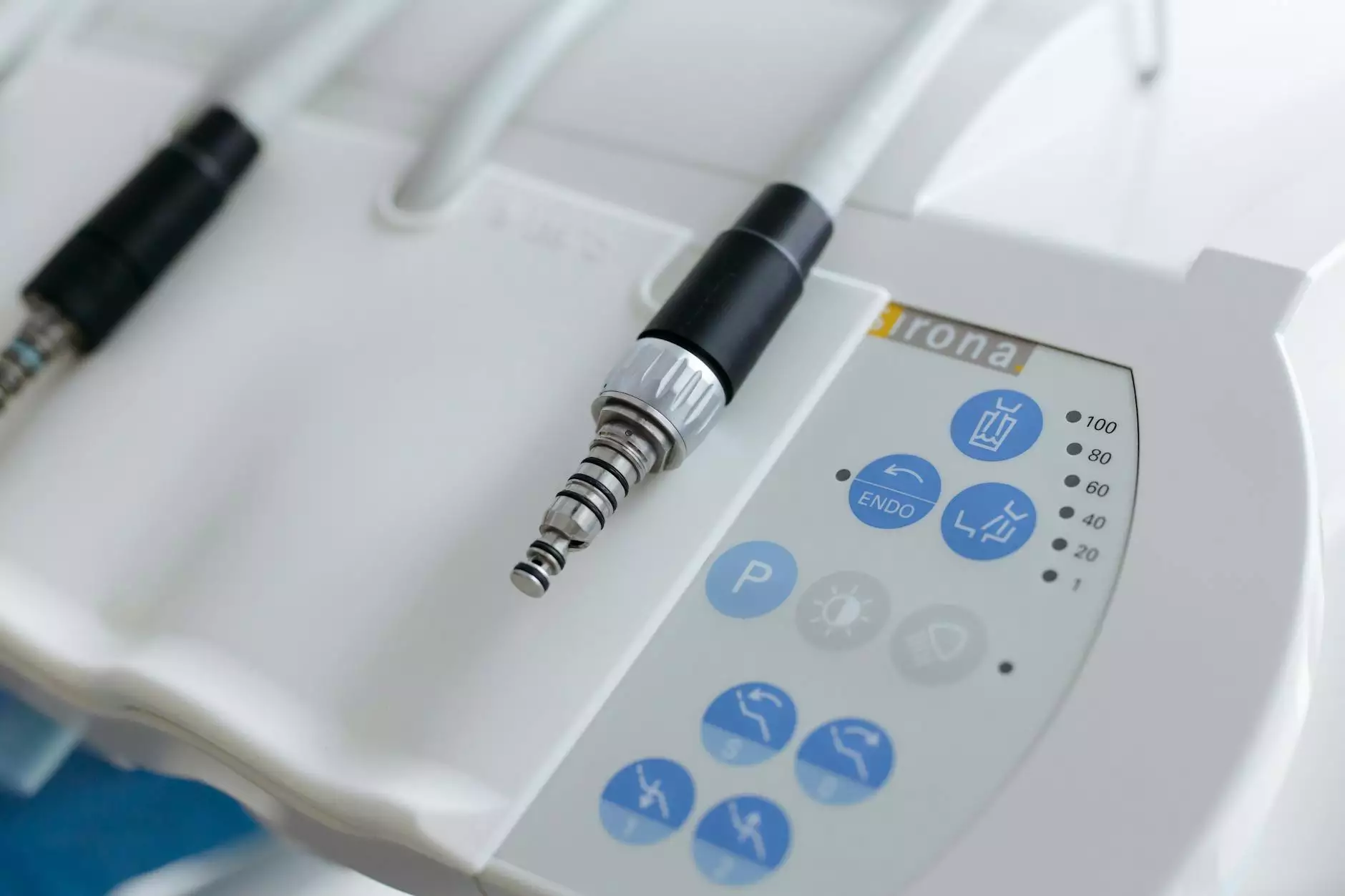Understanding Bruxism and the Role of Soft Night Guards

Bruxism, a common yet often overlooked condition, involves the involuntary grinding, clenching, or gnashing of teeth. It can occur during sleep (nocturnal bruxism) or while awake. Many individuals who suffer from bruxism are unaware they have it until they experience various symptoms such as jaw pain, headaches, and worn-down teeth.
What Causes Bruxism?
There are several factors contributing to bruxism, including:
- Stress and Anxiety: High stress levels and anxiety can trigger the subconscious urge to grind teeth.
- Sleep Disorders: Conditions like sleep apnea can be associated with bruxism.
- Misaligned Teeth: Dental issues such as irregular alignment can lead to grinding as the teeth do not fit seamlessly during closing.
- Certain Medications: Some psychiatric medications are known to have side effects that contribute to teeth grinding.
Symptoms of Bruxism
Identifying bruxism is crucial for seeking appropriate treatment. Common symptoms include:
- Jaw Pain: A constant throbbing or aching in the jaw can result from nightly grinding.
- Headaches: Tension-type headaches are common in individuals who grind their teeth.
- Worn Teeth: Notable wear and tear on tooth surfaces (chipping or flattening).
- Sensitive Teeth: Increased sensitivity to hot and cold foods due to enamel erosion.
The Importance of Treatment
Failure to treat bruxism can result in more serious conditions, including:
- Tooth Damage: Significant wear can lead to dental restorations or tooth loss.
- TMJ Disorders: Dysfunction of the temporomandibular joint can cause pain and discomfort.
- Chronic Pain: Ongoing tension in the jaw can lead to long-term pain issues.
How Soft Night Guards Help Manage Bruxism
One highly effective solution for mitigating the effects of bruxism is the use of a soft night guard for bruxism. These oral appliances provide a cushioning effect that protects your teeth and alleviates the stress on your jaw during sleep.
What is a Soft Night Guard?
A soft night guard is a custom-fitted dental device made from a flexible material designed to be worn during sleep. It serves several essential functions, including:
- Protection: Shields teeth from the damaging effects of grinding.
- Comfort: The soft material is comfortable to wear and minimizes jaw fatigue.
- Alignment: Helps keep teeth in proper alignment, reducing the risk of dental issues in the future.
The Advantages of Using a Soft Night Guard
Choosing a soft night guard for bruxism comes with several advantages:
- Customized Fit: Professional fitting ensures maximum comfort and effectiveness.
- Durability: Designed to withstand the wear from grinding while maintaining its shape.
- Ease of Use: Simple to insert and remove, making it convenient for nightly use.
How to Get a Soft Night Guard
To receive a soft night guard, you should follow these steps:
- Consult Your Dentist: Schedule an appointment for a thorough examination where your dentist can discuss your symptoms.
- Get Fitted: A dental impression will be taken to create a custom night guard that fits your mouth perfectly.
- Try It Out: Start wearing the night guard as recommended, and note any changes in your symptoms.
Tips for Using a Soft Night Guard Effectively
To ensure the best results from your soft night guard for bruxism, consider the following tips:
- Consistency Is Key: Wear it every night to achieve optimal protection and comfort.
- Keep It Clean: Rinse your night guard before and after each use, and clean it regularly with a toothbrush and mild soap.
- Regular Check-ups: Visit your dentist periodically to ensure your night guard is still effective and fits well.
Alternative Treatments for Bruxism
While a soft night guard for bruxism can be highly effective, there are other treatment options available, especially for those who may need additional support:
- Stress Management: Techniques such as yoga, meditation, and cognitive behavioral therapy can help reduce anxiety.
- Medication: In some cases, dentists may prescribe medications to help relieve muscle tension.
- Physical Therapy: Certain exercises targeted at the jaw can alleviate discomfort associated with bruxism.
Conclusion
Bruxism is a serious condition that can significantly affect your health and quality of life. Utilizing a soft night guard for bruxism is one of the most effective ways to protect your teeth and alleviate discomfort. By understanding the causes and symptoms of bruxism, seeking appropriate treatment, and maintaining a proactive approach, you can effectively manage your condition and enjoy a restful night's sleep.
For comprehensive dental care, including personalized dental solutions, visit medentalsf.com. Your smile is worth investing in!









